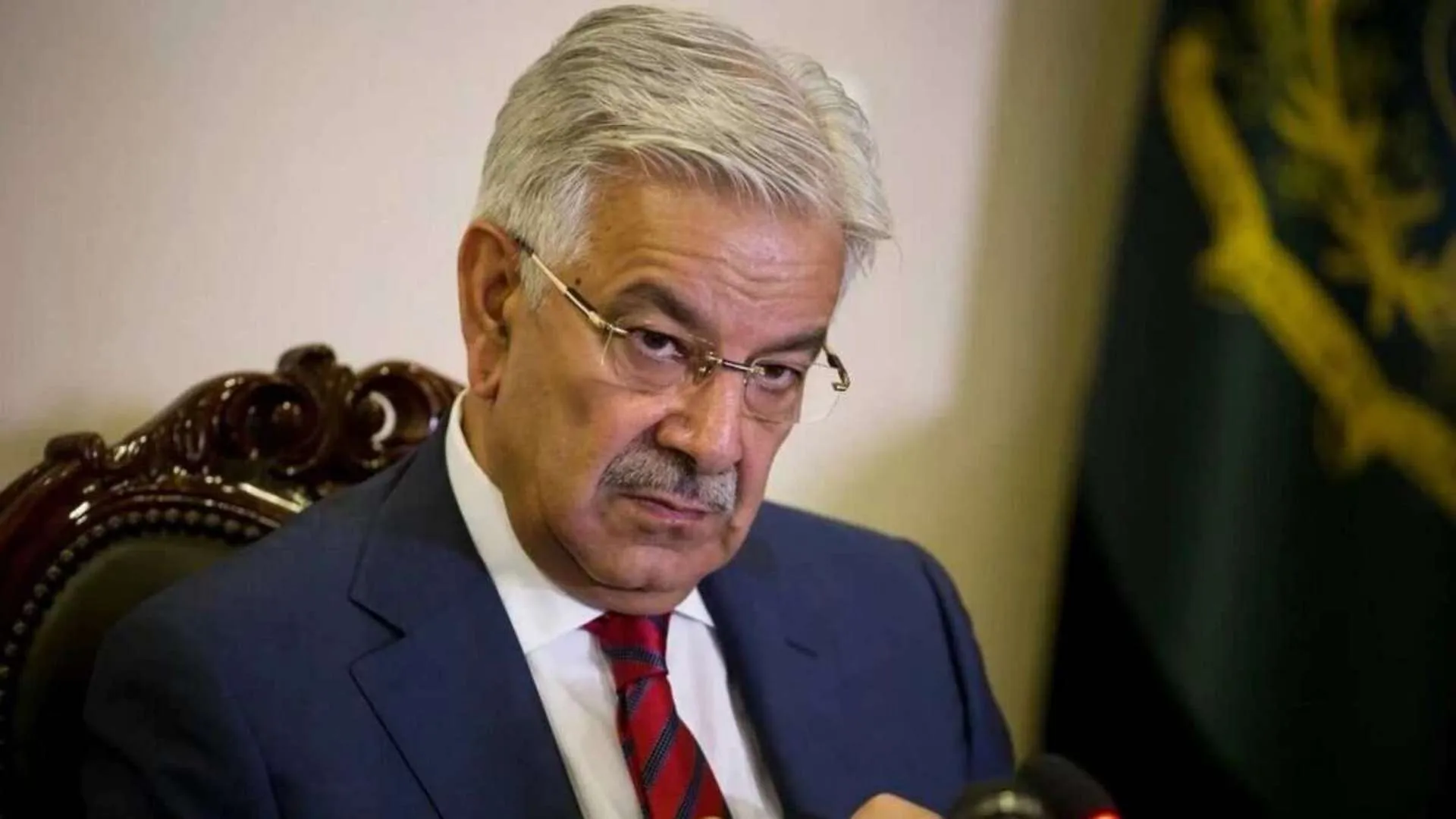The Centers for Disease Control and Prevention (CDC) is proceeding with a study exploring potential connections between vaccines and autism, multiple reports confirm. The decision has sparked renewed debate, especially as substantial scientific research over the years has consistently found no causal link between vaccines and autism.
Despite overwhelming evidence debunking the claim, skepticism persists — a sentiment partly fueled by Health and Human Services (HHS) Secretary Robert F. Kennedy Jr., a prominent vaccine safety critic.
Rising Measles Cases Raise Concerns
The CDC’s announcement comes at a time when the United States is grappling with a resurgence of measles cases. More than 150 measles infections and two related deaths have been reported in Texas and New Mexico, raising alarm among health officials.
National measles vaccination rates among kindergartners have declined since 2019. According to the CDC, the two-dose measles, mumps, and rubella (MMR) vaccine coverage has dropped from approximately 95% to 92.7%. In certain states, the rate has fallen as low as 79.6%. The number of jurisdictions struggling to maintain more than 95% coverage has also increased annually since 2020.
Kennedy’s Influence on CDC and Vaccine Discourse
As the head of the HHS, Kennedy plays a key role in shaping public health policy, with the CDC falling under his department’s purview. His long-standing skepticism regarding the MMR vaccine’s safety has added significant political weight to the vaccine debate.
During a recent Cabinet meeting, Kennedy downplayed the severity of the current measles outbreak, calling it an “ordinary” occurrence. He echoed this sentiment in an opinion piece for Fox News, advising parents to consult with their doctors about vaccinations but ultimately emphasizing parental choice.
“The measles outbreak in Texas is a call to action for all of us to reaffirm our commitment to public health. By working together — parents, healthcare providers, community leaders, and government officials — we can prevent future outbreaks and protect the health of our nation,” Kennedy wrote. “Under my leadership, HHS is and will always be committed to radical transparency to regain the public’s trust in its health agencies.”
Trump Adds to Vaccine Debate amid CDC Study
The vaccine-autism controversy gained further traction when President Donald Trump referenced rising autism rates during a congressional address on Tuesday.
“So, we’re going to find out what it is, and there’s nobody better than Bobby and all of the people that are working with you,” Trump said, referring to Kennedy.
The belief that vaccines could cause autism gained widespread attention in the 1990s after British researcher Andrew Wakefield published a now-debunked study linking the MMR vaccine to autism. The research was retracted, and Wakefield lost his medical license due to ethical violations. However, figures like Kennedy have continued to question vaccine safety, prolonging public skepticism.
Ongoing Commitment to Public Health
Despite the controversy, public health officials maintain that vaccines remain one of the safest and most effective tools in preventing infectious diseases. The CDC’s renewed study aims to address lingering doubts while reaffirming its commitment to transparency.
“By working together,” Kennedy wrote, “we can prevent future outbreaks and protect the health of our nation.”
Also Read: Trump Threatens New Tariffs On Canada Including 250% Tax On Dairy Despite Temporary Reprieve























